Toddlers develop their problem-solving skills depending on the activities they carry out day in and day out. These problem-solving skills are adopted and used throughout childhood and adulthood.
Apart from giving toddlers independence to learn and play, several simple problem-solving activities can promote their skills in handling different hassles.
These activities help toddlers find a solution to a problem.
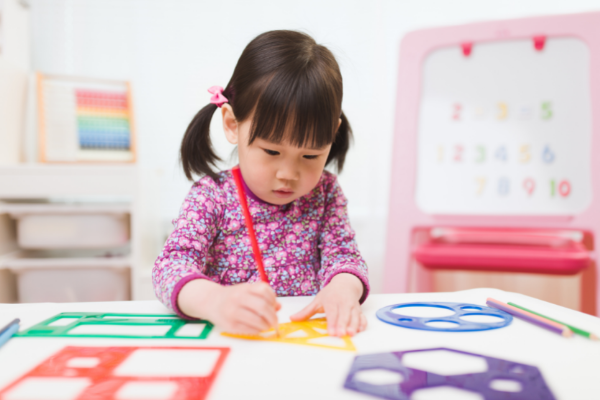
Some skills gained from the problem-solving activities include lateral thinking, analytical thinking, creativity, persistence, logical reasoning, communication skills, and decision-making skills.
The Importance of Problem-Solving Activities for Toddlers
In almost every stage of growth, children are likely to encounter some difficulties. How they handle these challenges depends on the skills they have built over time.
That’s why every parent should invest in quality problem-solving activities for their child. The skills mentioned above are critical for toddlers, and it can be challenging to develop them.

Early ages are the best time for children to learn how to solve different problems
in a fun way.
In many cases, many young mothers are students who dream of spending as much time as possible with their children, but they are held up with advancing their
knowledge in their areas of specialization.
To have more time for toddlers as young mothers, you can use the online essay writer service EduBirdie to have your research papers written by top writers. EduBirdie has great writers, and you will receive quality work at the right time. This automatically translates to excellent scores.
Problem Solving Activities for Toddlers
If you have more time with your child, you are likely to notice the challenges they are going through and choose the best problem-solving activities for them.
The more problem-solving activities they perform, the more likely the child will develop excellent skills that will enable them to navigate most of the challenges in their lifetime. Here are some simple problem-solving activities for toddlers:
1. Building a maze
Building a maze is fun outside and one of the best activities for 2-year-old toddlers. Since toddlers can’t yet do a maze in an activity book, this is a great way to use their problem solving and navigation skills.

Draw a big maze on the pavement with sidewalk chalk. Then, make passages, including a few that end in a dead-end. Teach your toddler how to walk through and find their way out.
Allow them to try it on their own. The more trials, the better the child gets at figuring out the best way out. If the child gets used to the simple maze, you can draw a more complex one, adding more dead-end passages to make finding their way out more complicated.
This way, you will enhance their cognitive skills, which are vital for success in their life.
2. Puzzles
Puzzles are some of the best sensory activities for toddlers. They help a lot in
enhancing the thinking capabilities of toddlers.
A puzzle is a big set of muddled-up things that must be sorted out and put back together.
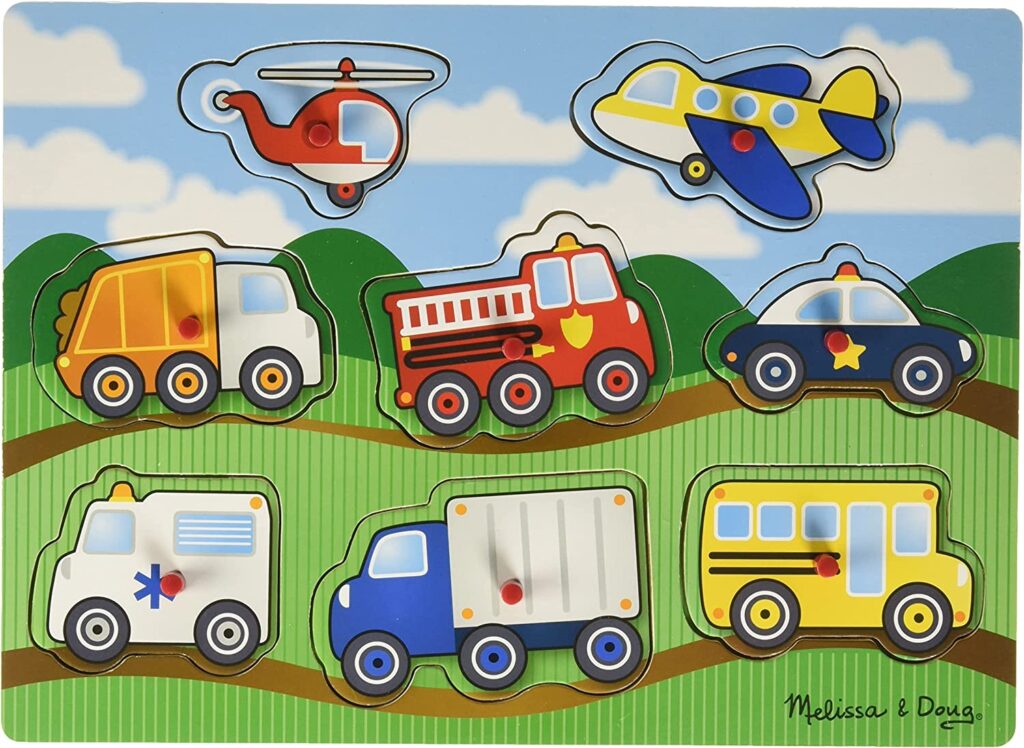
The best type of puzzle for children is wooden puzzles, as they last longer, and the frame provides a structure to guide the child while playing. Inset puzzles are perfect for toddlers, especially ones with familiar objects (transportation, animals, colors, and shapes).
So, make an effort to sit with your child and help them play different puzzles. It’s even better than leaving your toddler to play with fancy toys with flashing lights and music.
Solving puzzles is real learning and allows the students to build their skills at their own pace. It’s ok to let them get a little frustrated! The more you leave them to independently figure it out, the quicker they will gain the skill.
3. Following patterns
Following patterns is just a simple activity that can be played with colored blocks,
counters, or shapes. In this case, the child should simply make a pattern with the blocks and vary it by changing the patterns’ colors, shapes, or sizes.
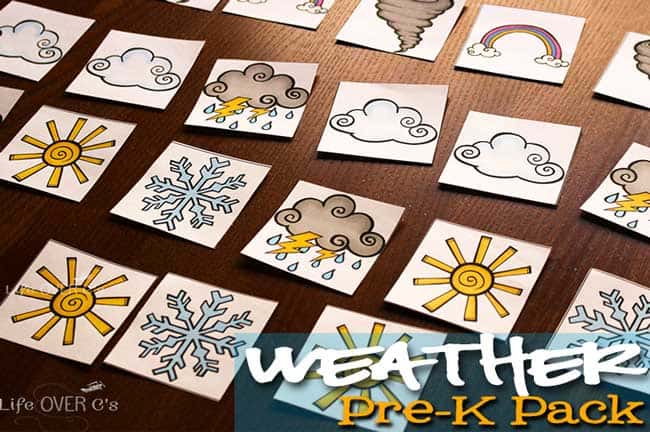
At first, you can demonstrate how to make simple patterns to your child and then make the patterns more complex as they get used to the simple ones.
Following patterns train the toddler to analyze given information, make sense of it,
recognize the pattern it should follow, and then recreate it.
For the complex patterns, carry out the first few steps and then ask your child to continue.
4. Board games

Playing board games is an excellent way to develop your problem-solving skills, and
your child can quickly start with simple games. This could be CandyLand ( a huge hit with little ones) or Chutes and Ladders.
Board games teach toddlers the skill of following rules and moving logically.
With time, you can introduce games that require deeper thinking and planning, like
Monopoly Junior. This game will require you to explain a lot, and sometimes you will
have to play with the child.
You can also let your child play Go Fish to teach them how to think ahead and solve the problems they will encounter in the future.
Related Post: Perfect Board Games for 2 Year Olds
5. Storytime questions
Stories are a great way of teaching children moral values and the problem-solving skills they require for their lifetime. During storytelling, develop a habit of asking questions to help the child develop higher-order thinking skills like comprehension.

It’s simple: pause for a few minutes and pose questions about the story. Start with simple questions, like “What did the boy say?” or “Where did the family go?.”
Then move onto more abstract thinking, problem solving questions, like “what will the boy do now that his pet died?” or “what can the girl do to find her lost toy?”
You can also pose an unexpected question to make the child
more attentive. Storytime questions teach toddlers to pay attention to details and concentrate on one activity at a time.
It also reinforces the message you were trying to pass to the toddler. As a result, the toddler will easily remember the story’s moral lessons and apply them when faced with challenges in their lifetime.
6. Building with construction toys
Construction toys could be engineering blocks, Legos, or a proper set of wooden blocks that can be used to construct simple structures.
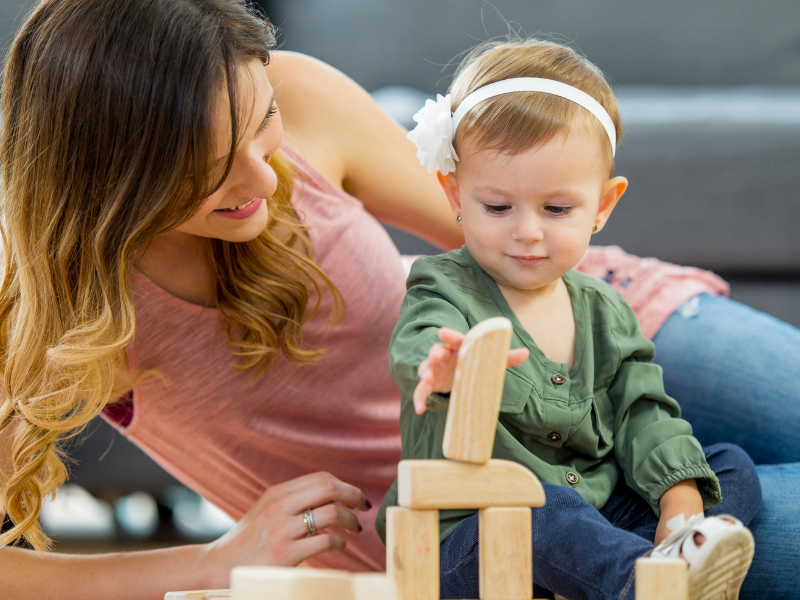
Everything the toddler will build is challenging as it requires critical thinking in brainstorming what to build and how to put the different pieces together.
The design built should be functional and work as expected. So, let the child construct freely and occasionally set for them a challenge to be completed within the set time with specific conditions.
This could be building two towers with a bridge joining them or building a creature with three arms standing on its own. Let the kids exercise their brains until they find a way to make the structure work.
7. Classifying and grouping activities
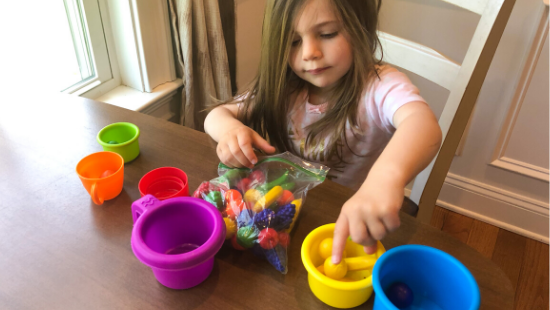
Classifying and grouping activities are among the best sensory activities for toddlers.
You can easily do this with a tin of buttons or by unpacking the dishwasher. The idea
behind classifying and grouping activities is to teach the skill of categorizing information.
There are several button activities for your kids that you can adopt, and they include a messy play tray, making a nameplate, sorting buttons, ordering buttons, or making a button necklace.
Each activity will teach the child an important skill they need to solve
problems in the future.
Conclusion
When was the last time you engaged in any of the activities discussed above with your child? Start young with these problem-solving activities that help them navigate most of the challenges in their lifetime.
Take time and choose one of the activities discussed above for your toddler.
Author’s Bio
Helen Birk is a magnificent writer who creates beautiful stories that leave her readers asking for more. She’s been a wonderful storyteller and her years of experience help her do even better every time she takes up a new book to write. She’s currently planning a book that talks about the role of AI in the development of school education.
